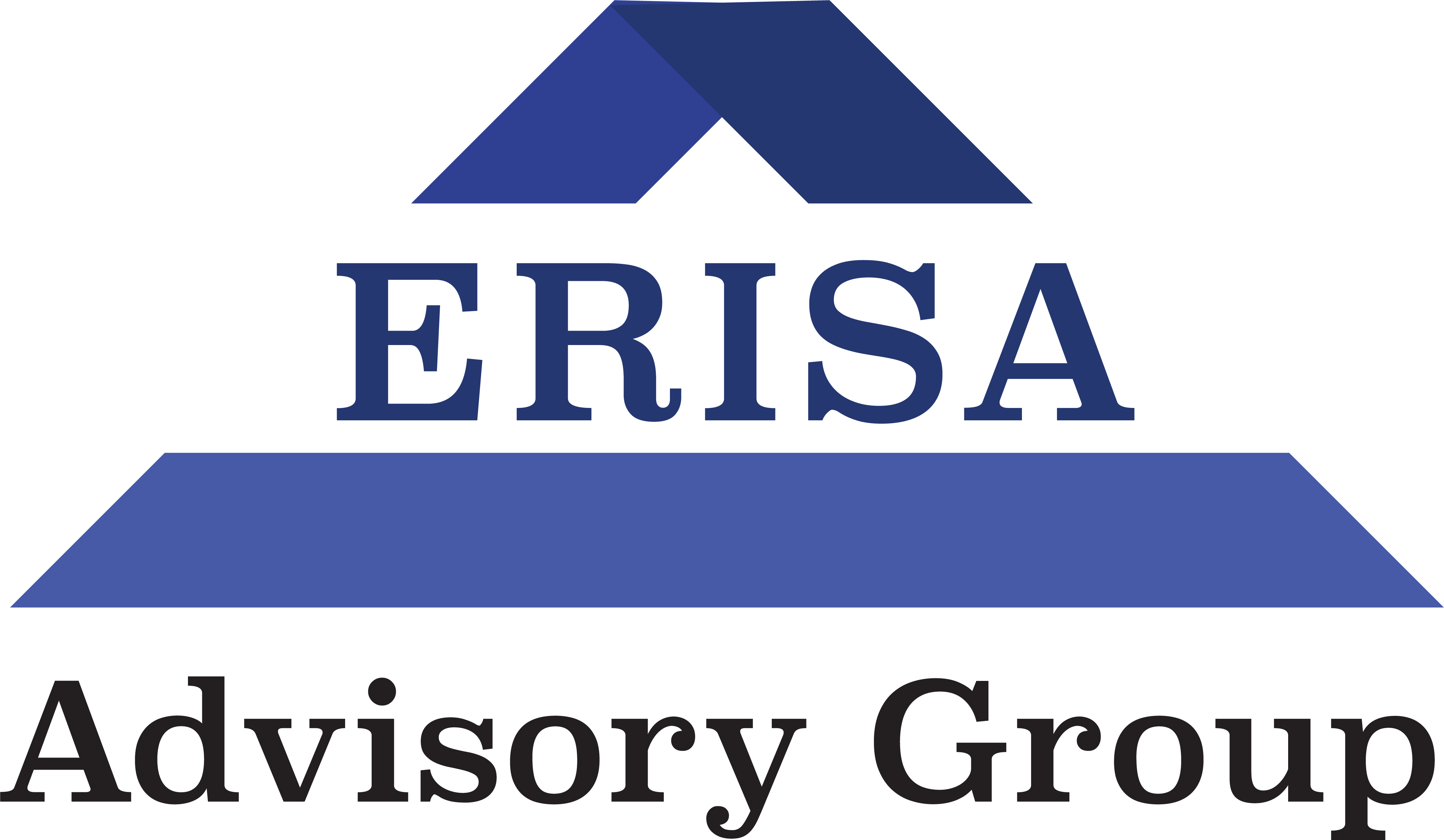ERISA INSIDER VOL. I, ED. IV: Prohibited Transactions Exemptions Under ERISA
ERISA and the DOL provide a number of Prohibited Transactions Exemptions so you can operate your plan successfully, while staying in compliance with the law.
Dear Employer,
Our last newsletter focused on the all important topic of Prohibited Transactions under ERISA. At first glance, these prohibited transactions rules can seem overwhelming; and leave you wondering how you could possibly manage a successful Health & Welfare Plan or Qualified Retirement Plan without falling out of compliance.
Fear not.
Over the years, Congress has passed a number of Prohibited Transactions Exemptions that are designed to aid you in operating a successful plan without making Prohibited Transactions with parties in interest.
Also, the Department of Labor has set its own guidelines for Prohibited Transactions Exemptions – along with various procedures for ensuring these transactions are carried out properly.
This edition of ERISA Insider will break down the main categories of Prohibited Transactions Exemptions, and highlight a few key areas where you can use these rules to your benefit.
Let’s have a look.
Remember These 3 Categories Of Prohibited Transactions Exemptions When Designing & Operating Your Plan
Statutory Exemptions. Section 408 of ERISA lays out specific exemptions to the Prohibited Transactions rules. Due to the broad nature of these rules described in Section 406, legislators knew there needed to be a workaround that allowed Plan Fiduciaries to make certain necessary transactions with parties in interest.
Administrative Exemptions. In addition to the statutory exemptions in ERISA, the Department of Labor created its own set of guidelines. The DOL itself can grant individual exemptions based on certain circumstances and must be applied for by the Plan Sponsor.
Class Exemptions. The DOL can also grant exemptions if a plan transaction falls within a certain category, or class, of transactions. These exemptions can be utilized without needing to apply for an individual exemption.
You can find a list of exemptions allowed by the DOL by visiting the Employee Benefits Security Administration’s (EBSA) website.
Key Exemption #1: Loans To Plan Participants & Beneficiaries
According to Section 3(14) of ERISA, all employees are considered “parties in interest”. While the law says you cannot extend credit from the plan to parties in interest, there is a specific exemption that allows for participant loan programs.
The caveat comes down to having a specific set of procedures in place for operating this type of loan program.
You must ensure these procedures are in compliance with ERISA and the Prohibited Transactions Exemptions guidelines, and they have to be clearly spelled out in your Summary Plan Description or other Plan documents.
Key Exemption #2: Paying Third Party Vendors For Necessary Services
When you first look at the Prohibited Transactions rules under ERISA, it can be confusing to learn that “persons providing services” to your plan are considered parties in interest, and yet the “furnishing of goods and services” between the plan and a party in interest is considered a “prohibited transaction”.
In other words, if paying a service provider is a “prohibited transaction”, then how are you supposed to get outside help for operating your Health & Welfare or Retirement Plan?
Well, the good news is ERISA provides an exemption for unrelated vendors who are assisting with the administration or management of your plan.
The important thing to understand about this type of transaction is that ERISA requires Plan Fiduciaries to assess the “reasonableness of fees” being paid out to any service provider.
Remember, Congress first passed ERISA to protect the participants & beneficiaries of any employee Health Benefit or Retirement Plan against employers acting in their own self-interest. So, their goal with this type of Prohibited Transaction rule was to ensure employers and fiduciaries are held accountable if they pay inflated prices for services, thereby taking value away from the plan.
Key Exemption #3: Transactions With Employer Owned Businesses That Service Your Plan
A major reason Prohibited Transactions rules exist is to avoid “self-dealing” between Plan Sponsors or Fiduciaries and the company Health Benefit or Retirement Plan.
An obvious sign of this type of prohibited transaction is when your organization pays plan assets out to another company that is also owned by the leadership of your organization.
A classic example of this is a Professional Employer Organization (PEO) paying out plan assets to an insurance agency that is owned by the PEO itself. Or, adding a fee for services that the PEO is providing.
While this type of transaction could easily be misconstrued as self-dealing, there is a set of steps you can take to prove that the benefit to plan participants & beneficiaries is in line with the goals of the plan. A perfect example of this is setting up a Captive Insurer Arrangement.
If your company engages in these types of transactions, it is crucial that you consult with an ERISA Independent Fiduciary to make sure that the process is being documented properly, so the Employee Benefit Security Administration (EBSA) does not target you for an audit.
You Will Incur Penalties If Prohibited Transactions Rules Are Violated
While ERISA rules can get tricky when setting up and operating an employee Health & Welfare or Retirement Plan, the law provides a lot of safeguards to help you achieve your goals. The DOL just wants to make sure you are following the correct procedures put in place to ensure that your company and its fiduciaries are always acting in the best interest of plan participants & beneficiaries.
Because of this, they can and will be ruthless if they suspect you are side-stepping ERISA rules and guidelines set by the Department. If you are found to be violating Prohibited Transactions rules, or fail to properly follow the necessary steps when opting for Prohibited Transactions Exemptions, you will incur penalties in the form of:
- Repaying the cost of the entire transaction back to the Plan
- Paying for “lost earnings” on the transaction amount, and,
- A 20% Excise Tax Penalty
This could potentially put your company into financial ruins, and any fiduciary involved will be held personally liable for paying fines and penalties for failing to comply with the law.
Consult With An ERISA Independent Fiduciary To Use Prohibited Transactions Exemptions Properly
Don’t risk going it alone when exercising Prohibited Transactions Exemptions for your company’s Health & Welfare or Qualified Retirement Plan.
If you make a mistake, it will cost you. Instead, consult with a prudent expert who can help you navigate the Prohibited Transactions rules and properly document Prohibited Transactions Exemptions to help you stay compliant with ERISA.
At the ERISA Advisory Group, we have over 25 years of experience doing this for all types of employee benefits and retirement plans.
If you would like to speak to one of our ERISA Independent Fiduciaries, book a free consultation and we’ll be happy to help.

